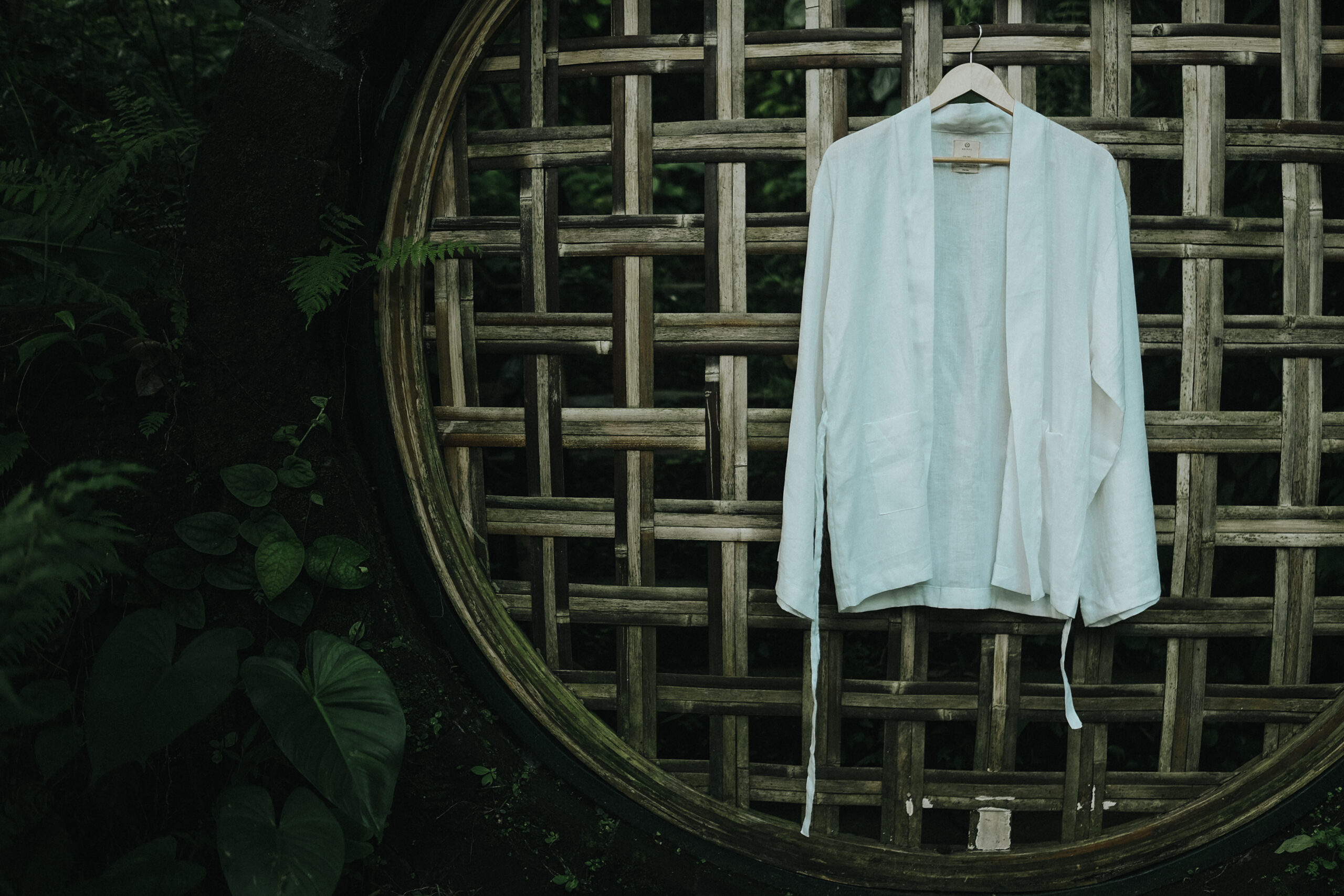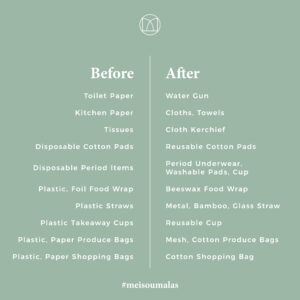X
Currency:

This article was published on: 07/6/20 9:26 AM
The moment we become conscious of the impact our choices have, most of us try to rush into a more ethical lifestyle. Although some changes can be done immediately, some others need a period of transition to remain true to the principles we are trying to promote.
The root of society’s ethical problems at the time of consumption is the consumer’s demand. As we become more and more educated about the true cost of fast & cheap manufacturing, it becomes more evident that the most needed and direct move to make is to support those brands that with their procedures and materials respect the communities and their environment. Materials that are meant to last, despite a major initial investment, will save you money in the long run.
After so much research and experience, I have realized that during the shift to a low impact lifestyle, we create a lot of unnecessary waste. The tendency is to hastily get rid of plastic and non-sustainable products in order to replace them with earth-friendly materials that make us feel more aligned with our possessions. This, in fact, has a greater cost to the environment than just keeping our goods until the end of their lifespan. Materials like silicone last for long but are hard to recycle, while leather can endure decades of use.
If we bring in the minimalist philosophy of ‘less is more’, decluttering our wardrobe, workspace or even the kitchen pantry is a practice that we should consider making regularly. This detachment exercise, besides helping you let go of the past to create space for the present in the physical plane, creates a lot of free space in the mind.
“So what to keep and what to dispose of? The most sustainable answer to this would be; if it has a use, it’s in good condition and you love it – keep it.”
Here some tips that will help you make better choices once you get started:
1. Decluttering spaces. Give away those clothes you have not worn for months. Toss all the expired, processed or unhealthy food stored in a dark corner. Clean up your congested spaces to allow positive energy to flow.
2. Give away or sell what you don’t want to keep but stays in good shape. Sending to charities and thrift stores is an amazing way to contribute to the community. Second-hand apps and flea markets are ideal for times when we can use a little reimbursement.
3. Carefully considering what you bring in your life. Quality over quantity approach is key to stay away from disposable materials. It’s essential to be surrounded by those things that are beautiful and have meaning and purpose.
4. Begin to make immediate swaps in your next trip to the grocery store:

5. Determine a way to integrate this long-term swaps while still using products that have better life expectancy:
Feeling inspired to embark on your sustainable journey? Find the essential mindful living objects here.
Written by Annamaria V. Gordobil